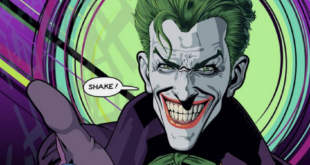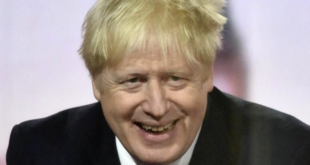Andrew Anglin
Daily Stormer
February 1, 2020
Tonight we are leaving the European Union. pic.twitter.com/zZBsrf4BLe
— Boris Johnson (@BorisJohnson) January 31, 2020
It hath occurred.
To the recorded peals of Big Ben and the gentle fluttering of Union Jacks, Britain bade farewell to the European Union at 11 p.m. on Friday, severing ties to the world’s largest trading bloc after nearly half a century and embarking on an uncertain future as a midsize economy off the coast of Europe.
For Britain, having transitioned in the postwar era from a globe-girdling empire to a reluctant member of the European project, it was yet another epoch-making departure.
It is a departure that will upend settled relations in virtually all areas of society, the economy and security matters, while confronting Britain with new questions of national identity. Three and a half years after the former prime minister, Theresa May, proclaimed that “Brexit means Brexit,” the British government will finally have to decide precisely what that means.
Britain must still negotiate its future trade relations with the European Union, a thorny process that could take through the end of the year, or longer.
On Friday, the departure elicited both hope and trepidation from Britons. Many simply were relieved that the bitter and divisive debate over Brexit is over.
“This is the moment when the dawn breaks, and the curtain goes up on a new act in our great national drama,” said Prime Minister Boris Johnson, in an address to the nation on Friday night that he also posted on his Twitter account. Brexit, he said, was a chance to “spread hope and opportunity to every part of the U.K.”
So, I guess that’s that.
Except it actually isn’t really, because the trade deals are not settled and they are likely to end up just as bad as they were before.
But, this is definitely more than anyone expected to happen after the Theresa May debacle.
 Daily Stormer The Most Censored Publication in History
Daily Stormer The Most Censored Publication in History


